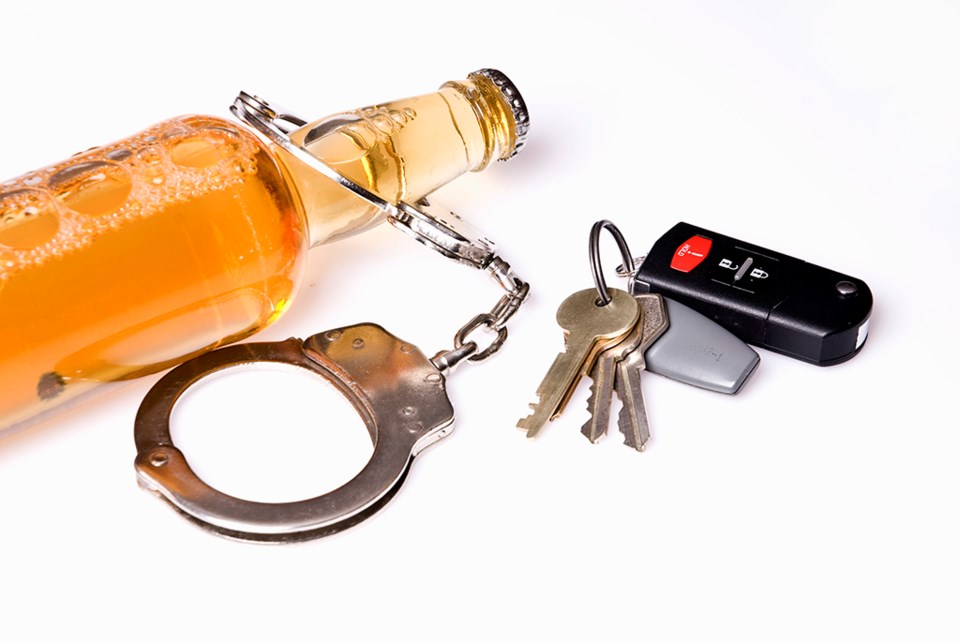REGINA — When people use the phrase “driving over the legal limit,” it’s usually a reference to exceeding .08 blood alcohol content (BAC), according to SGI.
While exceeding .08 will lead to a criminal charge, in Saskatchewan, penalties for driving under the influence of alcohol or drugs start before that.
For the March Traffic Safety Spotlight, SGI and law enforcement want to talk about the real legal limits.
Under Saskatchewan law, experienced* drivers aren’t legally permitted to drive with a BAC of .04 or higher, and new drivers aren’t allowed any alcohol in their system whatsoever. For all drivers, there is zero tolerance** for drugs.
“Saskatchewan has some of the toughest administrative penalties for impaired driving in the country,” said SGI President and CEO Penny McCune. “We want people to be aware of the provincial limits – and the consequences for exceeding them – so drivers will make good choices.”
In 2022, police issued 1,968 short-term licence suspensions to drivers for exceeding provincial limits for alcohol or drugs.
While the consequences vary based on several factors (driver’s experience, number of repeat offences, whether the driver was transporting passengers under the age of 16), a driver caught driving with a BAC between .04 and .08, or with drugs in their system, will face:
• Immediate roadside licence suspension (starting at three days for an experienced driver and 60 days for a new driver);
• Immediate vehicle impoundment, minimum of three days;
• Mandatory impaired driving education program (a weekend-long “Driving Without Impairment” [DWI] course for a first offence);
• Four demerit points; and,
• Mandatory Ignition I for a third or subsequent offence.
There is a financial cost to go along with the inconvenience of not having a driver’s licence or a vehicle. Drivers must pay for the cost of the DWI program and registered owners are liable for the towing and storage fees for their impounded vehicle. There are also lost insurance discounts or additional financial penalties that result from demerits with the Safe Driver Recognition program, depending on the driving record.
SGI’s website has more details about the consequences for and . Of course, consequences for Criminal Code impaired driving offences are even tougher.
“People are often surprised to find out they are required to complete a weekend impaired driving education program even for a first time, non-criminal impaired driving offence, and if you don’t complete the necessary program, your driver’s licence will be suspended,” said Saskatoon DWI co-ordinator Lynn Prestley.
Of course, these consequences are minor compared to the potentially devastating cost of driving impaired, says SGI. The leading cause of fatal collisions in Saskatchewan continues to be impaired drivin.
The only definite way to avoid facing the penalties of driving impaired is to always ensure you have a safe ride home, advises SGI.
Follow SGI on , and for more information on impaired driving.
*New drivers are 21 years old and under, or anyone who is a Learner, Novice 1 or Novice 2 under SGI’s Graduated Driver Licensing programs. Experienced drivers are 22 years old or older and are no longer a Learner or Novice.
**Zero tolerance means that drivers should not get behind the wheel with any level of impairing drugs in their system detectable by a federally-approved screening device, or a standardized field sobriety test.




